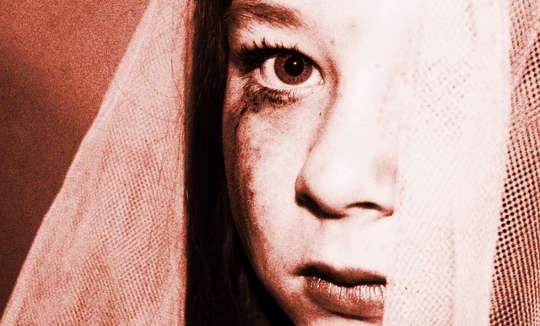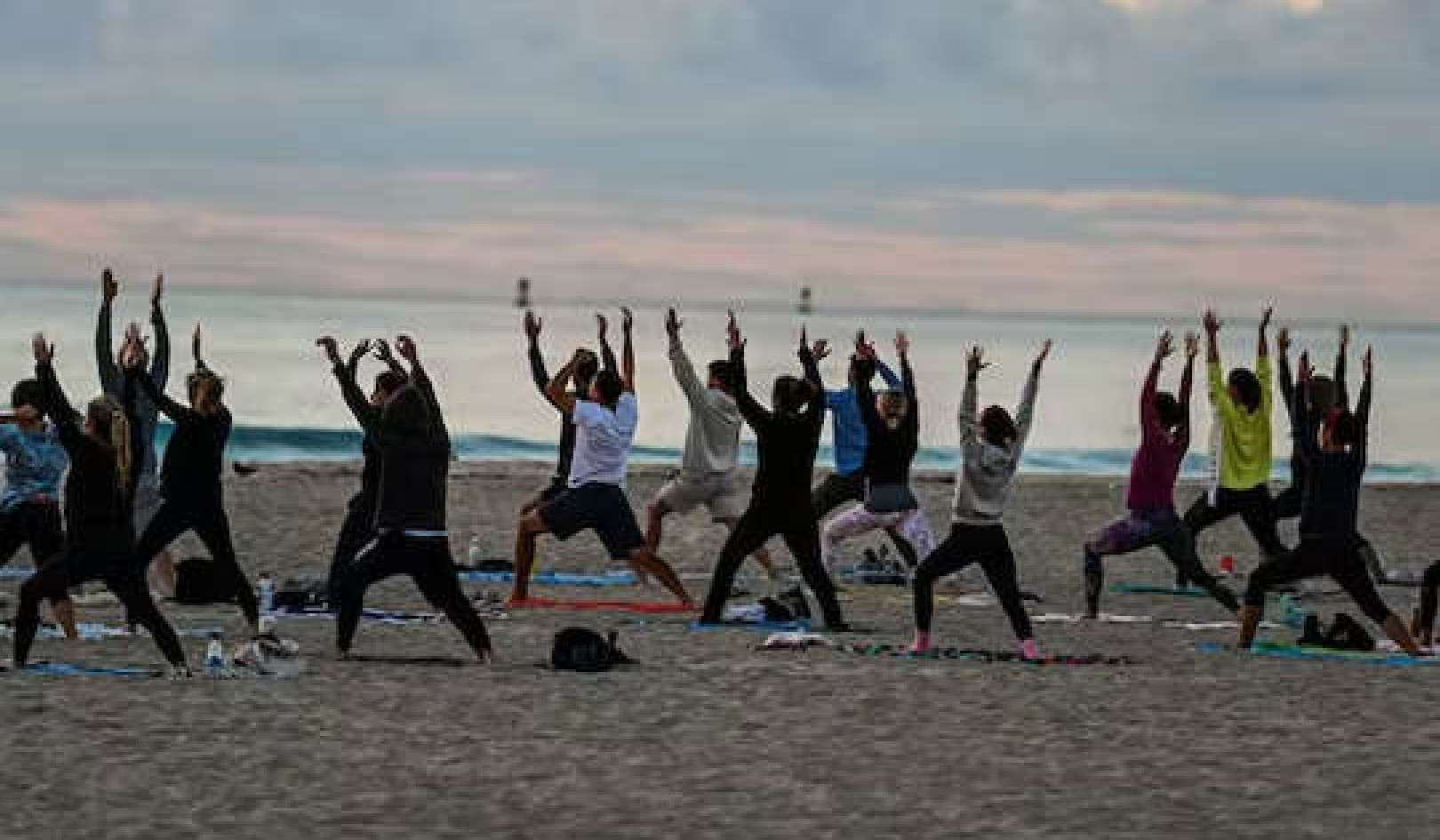
How you see yourself and your abilities can change your entire experience of everyday episodes of pain. If your experience of yourself is that you can tackle life obstacles and come out on top, you probably see yourself as capable and self-assured. Someone who feels capable and self-assured is less likely to fall victim to the fear of helplessness that can come from unexpected or unfamiliar sudden pain.
On the other hand, if you’ve only ever seen yourself as unsure and perhaps your self-esteem is not strong, you may be more vulnerable to becoming overwhelmed by fear—stressed by the worry that your pain might devolve into a worst case scenario of unknown proportions.
The Fear of Helplessness
Working on your attitude and outlook about the changes you find yourself having to make in your daily life to accommodate the pain may be easier to accept if you show yourself that you really can make changes in your everyday pain—no matter how subtle.
The fear of helplessness can sometimes overtake us and paralyze our efforts, but with the tiny windows of empowerment over your pain that can come from taking baby steps that do have a positive effect, you become able to recall that you are not actually helpless in this situation. That is a key piece to hold on to during difficult times. You really can do it!
Worldview: “Success Is Possible.” vs. “Things Will Get Worse No Matter What I Do.”
“Worldview” is about how we see the world in relation to us; in other words, what do we see is our place in this world. Our assessment of others gives us context or understanding of ourselves just as much as our understanding of self informs our opinion of others and the world around us.
This assessment isn’t necessarily accurate, but our perception shapes our reality. Not only does worldview, along with self-image, become embodied in a postural display, but where our worldview falls on the spectrum of determinism vs. free will influences the outcome of our interactions with others.
Determinism implies that all events, including human action, are ultimately determined by causes outside of our wishes or intentions. This worldview might lead to that sense of helplessness toward pain. It might also lead to a sense of acceptance that results in less stress. Less stress is good, but be careful that your acceptance of everyday pain doesn’t turn into complacency, which will most certainly lead to more pain eventually.
If you fall closer to the free-will end of this worldview spectrum, in my opinion you’ll be more likely to take control of your everyday pain situation and successfully nip it in the bud. Which end of the spectrum fits you? Which type of person would you rather be?
Remember that it’s part of a process. Nothing is static. Take time to look at where you are and where you want to go and remember, as long as you’re living and breathing, change is not only possible, it’s inevitable, so you might as well shape it to suit you! It can be hard work but success is possible.
The Quest for Optimum Functioning
All efforts to improve your health need to come from a place of joy and hope and not as a way to punish yourself or because you feel you “have to”—whether you’re working on achieving mechanical, chemical or emotional balance. Remember you’re doing it in the quest for optimum functioning—finding that “sweet spot” where you have just enough protective habits in place to help you survive less-than-perfect situations without experiencing pain.
The idea is that you don’t have to live a perfect life to be pain free, so there’s no real reason to get down on yourself for all the imperfections. Instead of looking at yourself as something broken or defective that needs “fixing,” remember that life is truly an ongoing adventure!
We are all on a continuum with individual strengths and weaknesses that tug and pull at us daily. Everybody, complete with their physical imperfections, is in the same boat, and we’re all busy seeking, learning and trying.
Making "Being Kind to Yourself" an Ongoing Commitment
Whatever motivates you to be kind to yourself will be your way toward a good outcome. Generally, for long-term, positive results, it’s better to be moderate in your goal setting and to pace yourself as you would for a marathon rather than creating unrealistic expectations of how to be “perfect” from this day forward. The quest for “perfection” is a sure way to fail. Perfection is largely an illusion.
We all have ups and downs with our commitments to routine and self-care and the best we can do is to always find a way to try again—start over and keep trying—all with loving forgiveness.
©2015 by Ya-Ling J. Liou, D.C.
Reprinted with permission. Publisher:
Return to Health Press, Seattle, WA
Article Source
 Every Body's Guide to Everyday Pain
Every Body's Guide to Everyday Pain
by Ya-Ling J. Liou, D.C.
Click here for more info and/or to order this book.
About the Author
 Ya-Ling J. Liou, D.C. is a chiropractic physician who began her professional work in 1994 after completing her coursework and clinical internship with New York Chiropractic College. Ongoing continuing education has been in the areas of chiropractic rehabilitation, nutrition and soft tissue techniques such as craniosacral therapy and myofascial release. Dr. Liou has been a faculty member at Ashmead College (formerly Seattle Massage School and newly Everest College) where she taught Kinesiology, Anatomy and Physiology. She is currently an adjunct faculty member with Bastyr University's Physical Medicine Department. Learn more at returntohealth.org.
Ya-Ling J. Liou, D.C. is a chiropractic physician who began her professional work in 1994 after completing her coursework and clinical internship with New York Chiropractic College. Ongoing continuing education has been in the areas of chiropractic rehabilitation, nutrition and soft tissue techniques such as craniosacral therapy and myofascial release. Dr. Liou has been a faculty member at Ashmead College (formerly Seattle Massage School and newly Everest College) where she taught Kinesiology, Anatomy and Physiology. She is currently an adjunct faculty member with Bastyr University's Physical Medicine Department. Learn more at returntohealth.org.
























